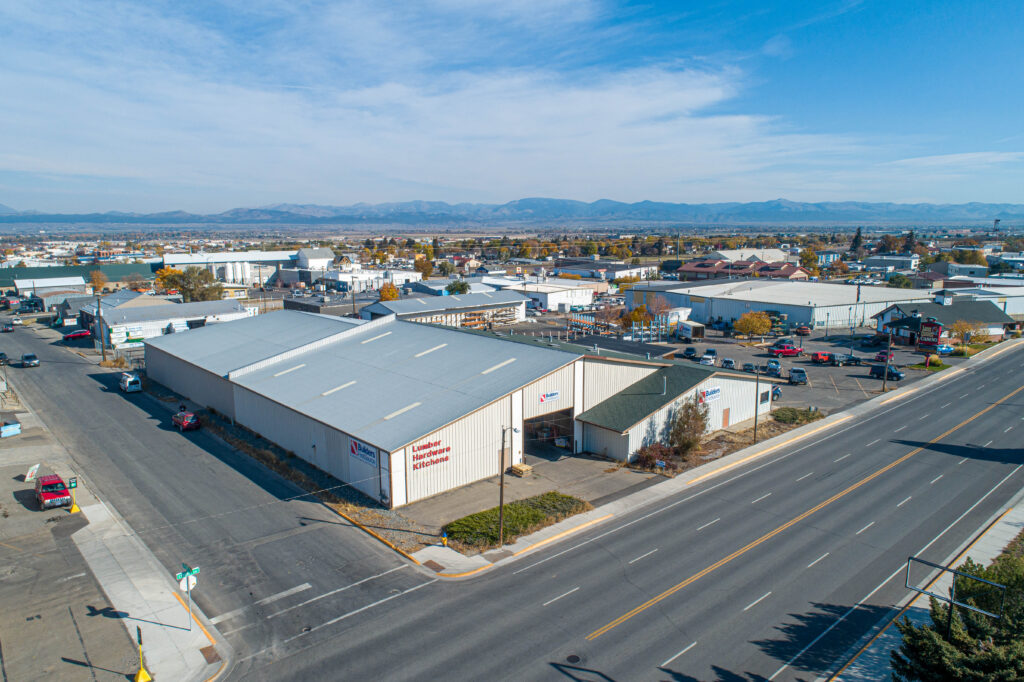
© 2025 – Coldwell Banker Commercial Green & Green
Coldwell Banker Commercial® and the Coldwell Banker Commercial Logo are registered service marks owned by Coldwell Banker Real Estate LLC. Commercial Brokerage Services, PLLC fully supports the principles of the Fair Housing Act and the Equal Opportunity Act. Each franchise is independently owned and operated. Any services or products provided by independently owned and operated franchisees are not provided by, affiliated with or related to Coldwell Banker Real Estate LLC, dba Coldwell Banker Commercial Affiliates nor any of its affiliated companies.
Website design & management by Joki Creative. LLC

